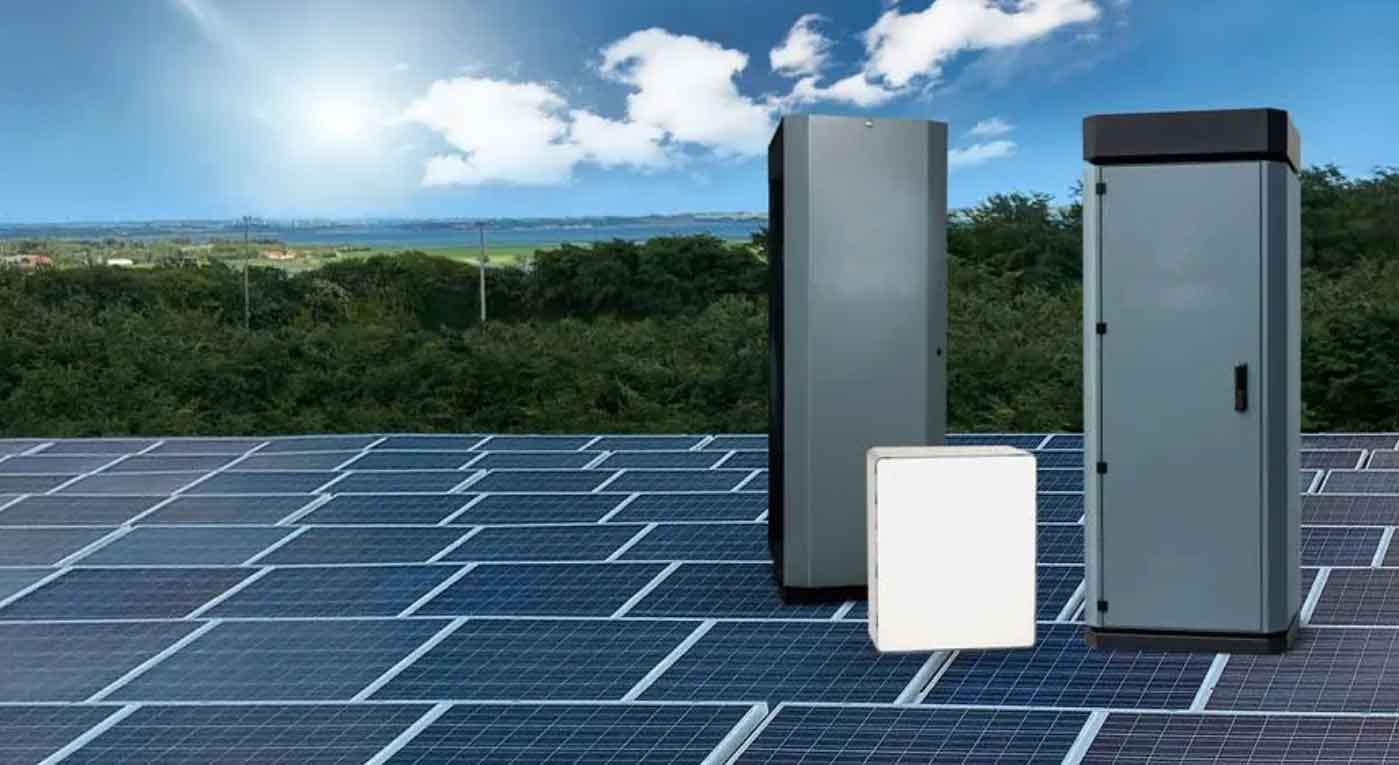The rated energy of household energy storage batteries can vary depending on the size and type of system you choose. Typically, household energy storage batteries are designed to store energy for home use, either for daily cycling (like solar energy storage) or for backup power in case of outages. Here are some general categories based on the rated energy:

1. Energy Needs and Usage Patterns
Understanding your daily and seasonal energy consumption patterns can help you determine the appropriate household energy storage battery size. For instance, a household that uses a significant amount of energy during the evening might benefit from household energy storage battery capacity to store solar energy generated during the day.
2. Scalability and Expandability
Some energy storage systems are modular, meaning you can start with a smaller system and add more capacity as needed. This is beneficial for households that anticipate growing energy needs or want to phase their investment over time.
3. Integration with Solar Panels
If you have or plan to install solar panels, the size of household energy storage battery system should be compatible with the output of your solar array. This ensures that excess solar energy can be stored effectively and used when solar production is low, maximizing your use of renewable energy.
4. Cost-Effectiveness
The initial cost of purchasing and installing household energy storage battery can be substantial. However, the long-term savings on electricity bills, potential incentives, and rebates can offset these costs. It’s essential to calculate the return on investment and consider how household energy storage battery might affect your electricity rates (e.g., through time-of-use savings or net metering).
5. Backup Power Priorities
If your primary goal is to have backup power during outages, prioritize a system that can supply critical loads (like refrigeration, heating, or medical equipment) without interruption. This might mean choosing a system with a higher power rating as well as higher energy capacity.
6. Durability and Warranty
Battery life and warranty are crucial considerations. Most household energy storage batteries are rated for a certain number of cycles or years of operation. Look for products with a long warranty period and a high cycle life, which indicate robustness and long-term reliability.
7. Regulations and Incentives
Local regulations may impact the installation and operation of home energy storage systems. Some areas offer incentives for installing energy storage, such as tax credits or rebates, which can make the investment more attractive.
Popular Models Revisited
Each of the previously mentioned household energy storage battery systems offers different features that may cater to specific needs:
- Tesla Powerwall is noted for its sleek design and effective integration with Tesla’s solar products.
- LG Chem RESU is valued for its reliability and versatility in different home energy setups.
- Sonnen Eco focuses on being an eco-friendly option with safe battery chemistry.
- Enphase IQ Battery provides great flexibility with its modular approach, allowing homeowners to tailor the system to their exact requirements.
By considering these factors and comparing the available models, you can make an informed decision about which household energy storage system best fits your energy needs, financial goals, and sustainability preferences.
